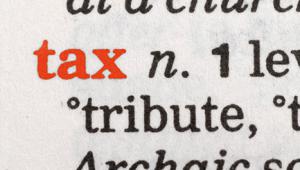The legally binding rules to stop multinationals shifting their profits to low-tax jurisdictions and minimise their tax bills came into force on 1 January.
The Anti-Tax Avoidance Directive sets out five key measures to counter-act some of the most common types of aggressive tax planning.
Pierre Moscovici, commissioner for economic and financial affairs, taxation and customs, said in a statement the European Commission has “fought consistently” to fight aggressive tax planning.
He said: “The battle is not yet won, but this [the rules] marks a very important step in our fight against those who try to take advantage of loopholes in the tax system by our member states to avoid billions of euros in tax.”
Under the rules all member states will tax profits moved to low-tax countries where companies don’t have any “genuine economic activity”, the commission said.
Member states will also be required to limit companies in using excessive interest payments to minimise taxes.
The rules were first proposed by the Commission in 2016, following the agreement among OECD countries to limit tax base erosion and profit shifting – known as BEPS.
In November campaigners warned that European governments were not doing enough to tackle corporate tax avoidance, despite promises to do so after the Paradise Papers.
Last year the commission also proposed new rules to ensure companies paid their fair share of taxes in the digital age







